2003 Ford Expedition Brake Rotors and Pads
Click here to search another vehicle
All Rotors:
OEM x
Coated x
Drilled, Slotted and Coated x
Front x
Rear x
All Pads:
Ceramic x
Semi-metallic x
Front x
Rear x
Found 5 record
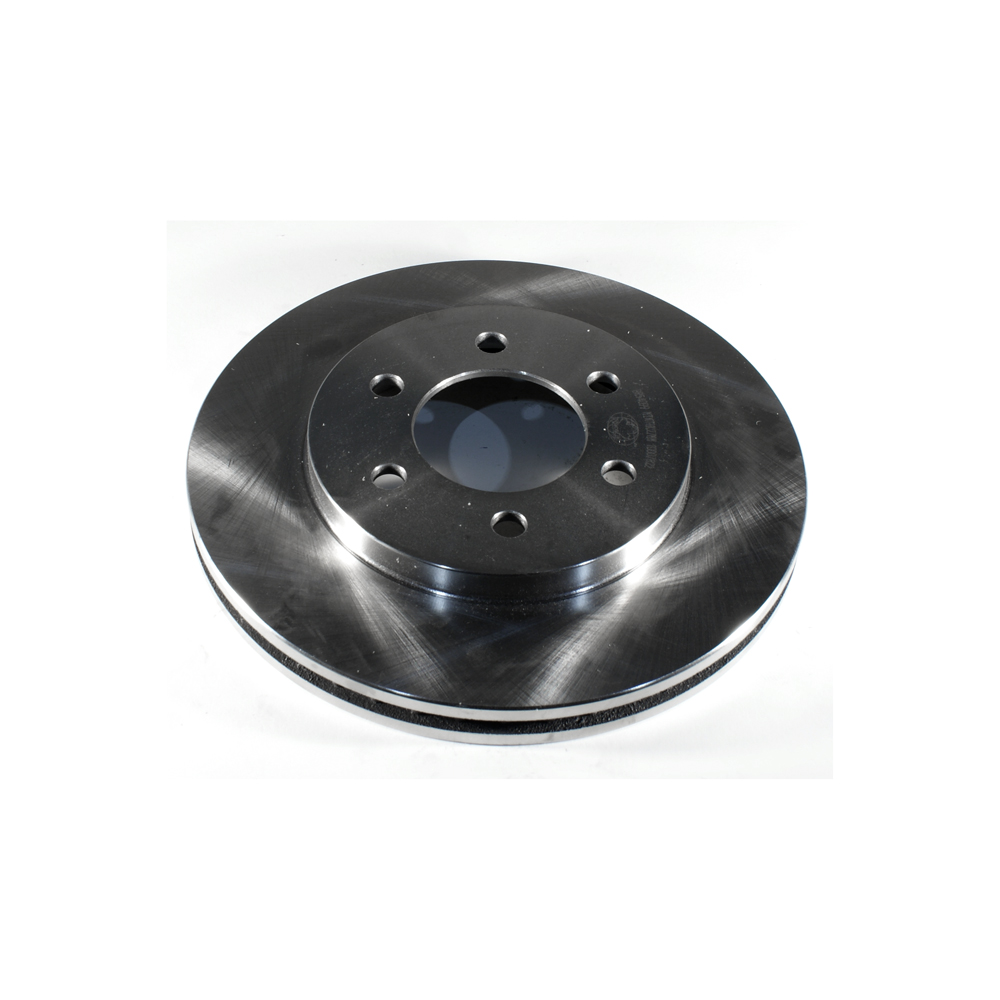
Part No: BR54099
Raybestos: 680105
OE: 2L1Z1125AA
Raybestos: 680105
OE: 2L1Z1125AA
$51.46 each
Per Car QTY: 2
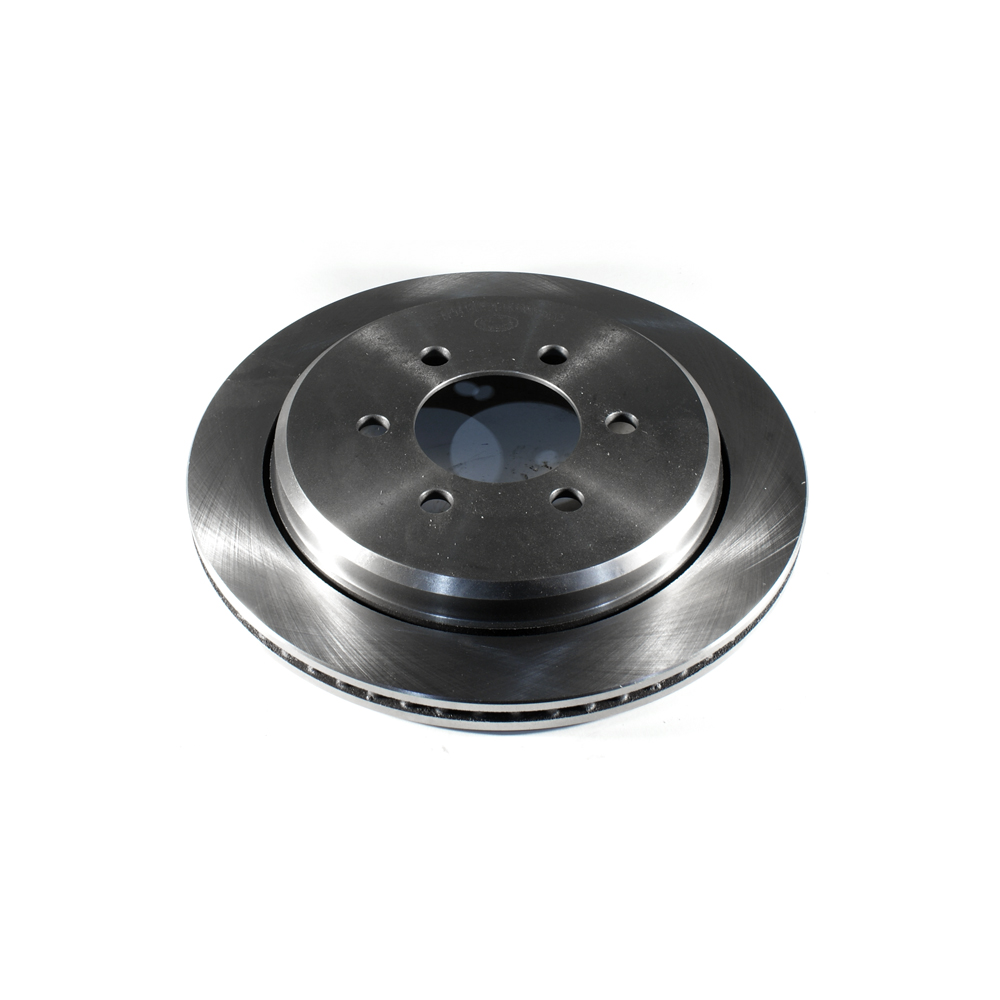
Part No: BR54100
Raybestos: 680106
OE: 2L1Z2C026AA
Raybestos: 680106
OE: 2L1Z2C026AA
$42.89 each
Per Car QTY: 2
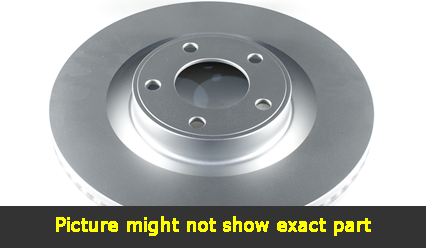
Part No: PP54099
Raybestos: 680105
OE: 2L1Z1125AA
Raybestos: 680105
OE: 2L1Z1125AA
$73.03 each
Per Car QTY: 2
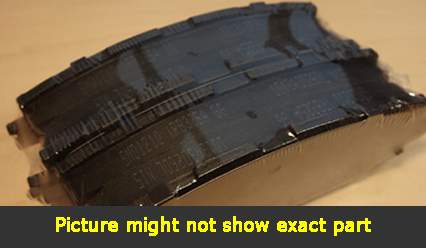
Part No: SMD934
Raybestos:
OE:
Raybestos:
OE:
$34.69 each
Per Car QTY: 1
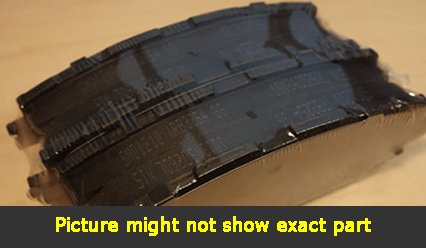
Part No: SMD935
Raybestos:
OE:
Raybestos:
OE:
$29.48 each
Per Car QTY: 1
How to Choose Brakes for Your 2003 Ford Expedition
Choosing the right brakes for your vehicle is essential for ensuring the safety and performance of your Ford Expedition. Brakes play a crucial role in stopping your vehicle effectively, so it is important to select the appropriate brake system for your specific needs. This article will guide you through the process of choosing brakes for your 2003 Ford Expedition.
1. Identify Your Brake System Type:
The 2003 Ford Expedition comes equipped with either a disc brake system or a drum brake system, or a combination of both. Disc brakes are more commonly used on the front wheels, while drum brakes can be found on the rear wheels. It is essential to know your vehicle’s brake system type as it will affect the selection of replacement brakes.
2. Determine Your Driving Habits and Conditions:
Consider how you primarily use your Ford Expedition. Are you mainly driving in the city, on highways, or off-road? Do you regularly tow heavy loads? This information will help determine the appropriate brake type and materials needed to withstand your driving habits and conditions.
3. Choose the Brake Material:
There are three main brake pad materials to choose from: organic, semi-metallic, and ceramic.
- Organic Brake Pads: These are made from organic materials combined with binding resins. Organic brake pads are generally quieter and produce less brake dust but can wear out more quickly compared to other options.
- Semi-Metallic Brake Pads: Composed of a mixture of metals, such as copper, steel, and iron, semi-metallic brake pads offer excellent stopping power and durability. However, they tend to produce more brake dust and can be noisier compared to organic or ceramic pads.
- Ceramic Brake Pads: Ceramic pads are made from a combination of ceramic fibers, bonding agents, and non-ferrous metals. They offer superior stopping power, long-lasting performance, and generate minimal noise and brake dust. However, ceramic brake pads tend to be more expensive than organic or semi-metallic options.
4. Consider Performance Upgrades:
If you often tow heavy loads or engage in spirited driving, you may want to consider performance brake options. Upgraded brake systems are designed to handle higher temperatures and provide superior stopping power over standard brakes. These performance upgrades may offer enhanced performance, but they can also come with additional costs.
5. Consult with an Expert:
If you are unsure about which brakes to choose or need further assistance, you can consult with a professional mechanic or brake specialist. They can provide valuable guidance, considering your vehicle specifications, driving habits, and budget.
6. Purchase from Reliable Brands:
Always opt for brakes from reputable manufacturers known for producing quality products. Research popular brands, read customer reviews, and consider factors like warranty, customer support, and product reputation when making your final purchase decision.
7. Follow Proper Installation Procedures:
After selecting the right brakes for your 2003 Ford Expedition, ensure they are installed correctly. If you are not confident in your own abilities, seek the assistance of a trained mechanic to guarantee a proper installation.
In conclusion, selecting the right brakes for your 2003 Ford Expedition involves considering your vehicle's brake system type, determining your driving habits and conditions, choosing the appropriate brake material, exploring performance upgrade options, seeking expert advice, purchasing from reliable brands, and following proper installation procedures. By paying careful attention to these factors, you can ensure optimal braking performance and safety for your Ford Expedition.
Choosing the right brakes for your vehicle is essential for ensuring the safety and performance of your Ford Expedition. Brakes play a crucial role in stopping your vehicle effectively, so it is important to select the appropriate brake system for your specific needs. This article will guide you through the process of choosing brakes for your 2003 Ford Expedition.
1. Identify Your Brake System Type:
The 2003 Ford Expedition comes equipped with either a disc brake system or a drum brake system, or a combination of both. Disc brakes are more commonly used on the front wheels, while drum brakes can be found on the rear wheels. It is essential to know your vehicle’s brake system type as it will affect the selection of replacement brakes.
2. Determine Your Driving Habits and Conditions:
Consider how you primarily use your Ford Expedition. Are you mainly driving in the city, on highways, or off-road? Do you regularly tow heavy loads? This information will help determine the appropriate brake type and materials needed to withstand your driving habits and conditions.
3. Choose the Brake Material:
There are three main brake pad materials to choose from: organic, semi-metallic, and ceramic.
- Organic Brake Pads: These are made from organic materials combined with binding resins. Organic brake pads are generally quieter and produce less brake dust but can wear out more quickly compared to other options.
- Semi-Metallic Brake Pads: Composed of a mixture of metals, such as copper, steel, and iron, semi-metallic brake pads offer excellent stopping power and durability. However, they tend to produce more brake dust and can be noisier compared to organic or ceramic pads.
- Ceramic Brake Pads: Ceramic pads are made from a combination of ceramic fibers, bonding agents, and non-ferrous metals. They offer superior stopping power, long-lasting performance, and generate minimal noise and brake dust. However, ceramic brake pads tend to be more expensive than organic or semi-metallic options.
4. Consider Performance Upgrades:
If you often tow heavy loads or engage in spirited driving, you may want to consider performance brake options. Upgraded brake systems are designed to handle higher temperatures and provide superior stopping power over standard brakes. These performance upgrades may offer enhanced performance, but they can also come with additional costs.
5. Consult with an Expert:
If you are unsure about which brakes to choose or need further assistance, you can consult with a professional mechanic or brake specialist. They can provide valuable guidance, considering your vehicle specifications, driving habits, and budget.
6. Purchase from Reliable Brands:
Always opt for brakes from reputable manufacturers known for producing quality products. Research popular brands, read customer reviews, and consider factors like warranty, customer support, and product reputation when making your final purchase decision.
7. Follow Proper Installation Procedures:
After selecting the right brakes for your 2003 Ford Expedition, ensure they are installed correctly. If you are not confident in your own abilities, seek the assistance of a trained mechanic to guarantee a proper installation.
In conclusion, selecting the right brakes for your 2003 Ford Expedition involves considering your vehicle's brake system type, determining your driving habits and conditions, choosing the appropriate brake material, exploring performance upgrade options, seeking expert advice, purchasing from reliable brands, and following proper installation procedures. By paying careful attention to these factors, you can ensure optimal braking performance and safety for your Ford Expedition.


